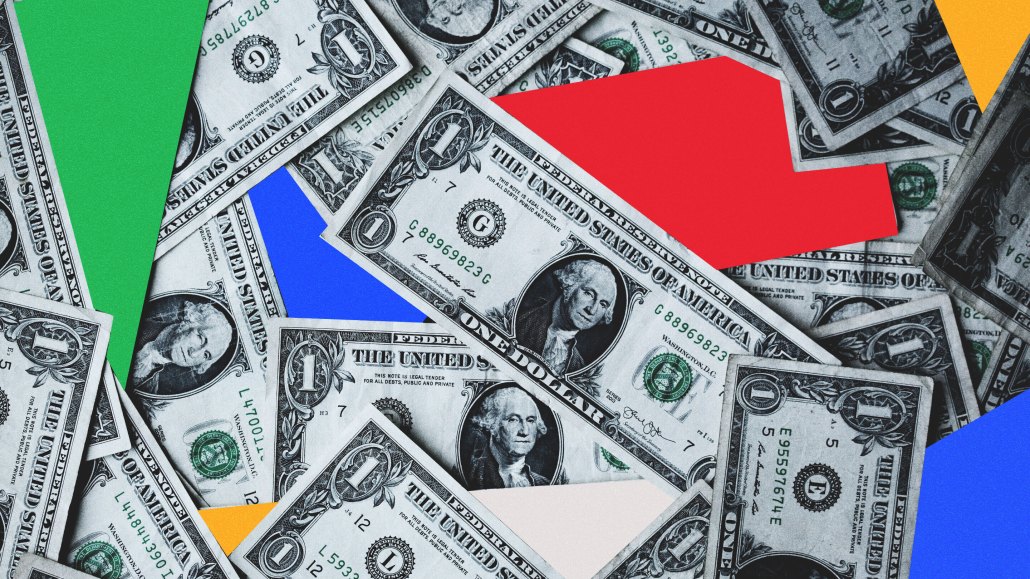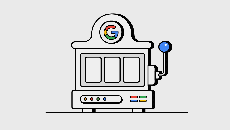Secure your place at the Digiday Media Buying Summit in Nashville, March 2-4
Key takeaways from the DoJ’s battle with Google that advertisers really should know

In what’s been billed as a battle for the future of the internet, key details of Google’s ad sales operations came out in the early proceedings of the Justice Department’s antitrust trial over Google’s search operations.
Notable talking points include: how Google tweaks prices to meet revenue goals and its conscious efforts not to mention concepts such as winners or losers when it comes to ad auctions.
At the core of the legal duel is the DoJ’s allegation that Google’s efforts to become the default search engine through deals with media companies, telcos and device manufacturers — such as paying Apple billions per year to be the defacto search engine on the iPhone — violate U.S. competition laws.
Naturally, Google denies such claims, arguing that online service providers offering services by default is a long-standing practice, while competitors are “just a few clicks away.”
Keeping abreast of developments in the 10-weeklong civic bench trial — with presiding Judge Amit P. Mehta solely responsible for evaluating evidence, applying the law, and making a verdict — can be difficult.
Contributory factors include the lack of an online live stream of proceedings, and that much of the evidence exhibited at trial is later absent from the case webpage on the DoJ website, plus several closed sessions in court. Interestingly, a key grievance of the plaintiff is Google’s efforts to keep evidence private.
However, below is a digest of the disclosures thus far that will raise advertisers’ eyebrows.
Uncomfortable admissions
One of the key areas of focus of the DoJ case is Google’s $163 billion search ad business, which was scrutinized in some detail when Google vp of ads Jerry Dischler was called to the witness stand earlier this week where he conceded some notable points.
- Undisclosed price-hikes
On September 18, Disclsher conceded that Google tweaked its ad auctions when the search giant was feeling the pressure to meet its earlier revenue forecasts.
Pulling out all the stops to meet targets is not uncommon among commercial teams but it was the admission that Google wasn’t always transparent over tactics such as increasing auction price floors that will raise concerns among advertisers.
“We tend not to tell advertisers about pricing changes,” said Dischler, who described such tweaks as “tunings,” according to Bloomberg.
In some instances, these price increases could be as much as 10%, according to Dischler’s testimony.
- No pressure to clean up search ads
On a related note, in an April 2016 internal email Dischler wrote “we never really had market pressure to clean up advertising” in an exchange with colleagues from the product team who appeared to be lobbying for improvements to its organic search services.
However, accompanying disclosures denote some of the internal deliberations at Google; a May 2019 exchange also unearthed in the discovery process demonstrated how Dischler encouraged his team to explore “tweaks” to meet earlier revenue forecasts.
Dischler’s email reads, “How badly do we want to hit our numbers this quarter?”
Albeit, speaking on the witness stand, he told the court that raising prices by as much as 15% would be “a dangerous thing to do” pointing out how other Big Tech platforms such as Meta and TikTok lie waiting in the wings.
- Careful communications
Also presented into evidence was a 2011 document entitled “Antitrust Basics for Search Team” which was labeled “privileged and confidential” whereby Google instructs employees to avoid terms such as “market shares”, “scale”, “bundle” or “tie”, etc.
Such phrases are all reminiscent of monopolistic practices, specifically prohibited in The Sherman Act, with the document instructing those reading it not to include them, or metaphors that include “winning or losing” in written communication with partners.
More in Media Buying

Future of TV Briefing: CTV identity matches are usually wrong
This week’s Future of TV Briefing looks at a Truthset study showing the error rate for matches between IP and deterministic IDs like email addresses can exceed 84%.

Canadian indie Salt XC expands its U.S. presence with purchase of Craft & Commerce
Less than a year after buying Nectar First, an AI-driven specialist, Salt XC has expanded its full-service media offerings with the purchase of Craft and Commerce.

Ad Tech Briefing: Publishers are turning to AI-powered mathmen, but can it trump political machinations?
New ad verification and measurement techniques will have to turnover the ‘i just don’t want to get fired’ mindset.









